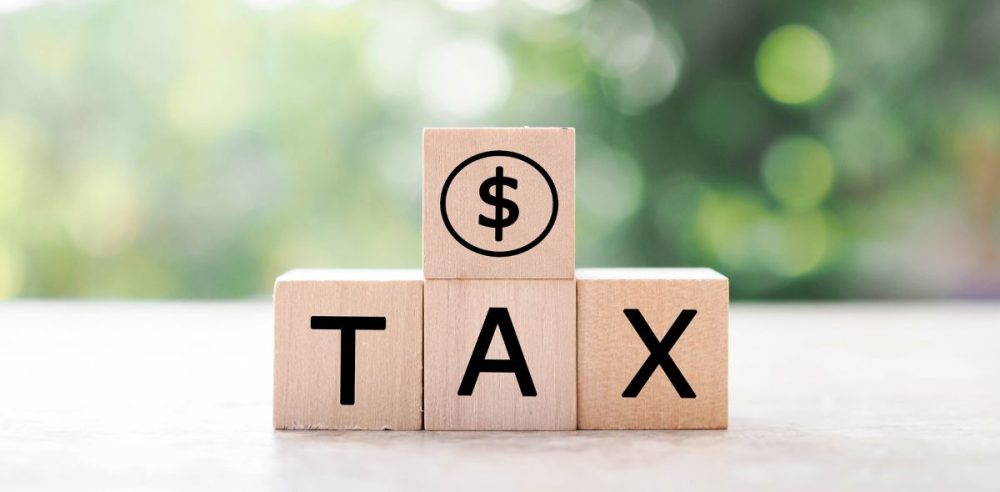(Texas Scorecard) – A new report has found that Texas ranks behind six other states in terms of tax system efficiency and competitiveness.
While Texas boasts no individual income tax or a blanket corporate income tax, it does apply the corporate gross receipts tax to two kinds of business structures: the S corps and LLC individual assets.
This is unusual from most other states that do not apply an individual income tax. Also called the “margin tax,” the Tax Foundation report asserts that it is both burdensome and complicated.
According to the report, the six states with more competitive tax structures than Texas are Wyoming, South Dakota, Alaska, Florida, Montana, and New Hampshire.
The discrepancy between state taxes in leading Southern states is glaringly apparent when examining sales tax rates.
For example, Texas imposes a 6.25 percent sales tax rate and an average combined state and local sales tax rate of 8.20 percent. Meanwhile, Florida boasts only a 6.00 percent sales tax rate and an average combined state and local sales tax rate of 7.00 percent.
Texas also has a 1.47 percent effective property tax rate on owner-occupied housing value, compared to Florida’s 0.71 percent. Yet, neither state has an estate tax or inheritance tax.
“Texas is often championed as the shining beacon on the hill when it comes to economic opportunities and freedom,” Texans for Fiscal Responsibility President Andrew McVeigh told Texas Scorecard. “While that may be true in some respects, it fails to match reality when it comes to the tax burden on taxpayers.”
He agreed with the Tax Foundation that Texas has been “beat to the punch” by Florida. “Policies like raising the homestead exemption [for property taxes] are not as helpful as many politicians would claim since it simply shifts the tax burden, not lowering it overall,” McVeigh said.
He concluded by arguing that Texas should be leading, not falling behind, Florida and other states.
Texas lawmakers will convene in January for the 89th Legislative Session and are expected to consider additional measures to lower the property tax burden on citizens.


